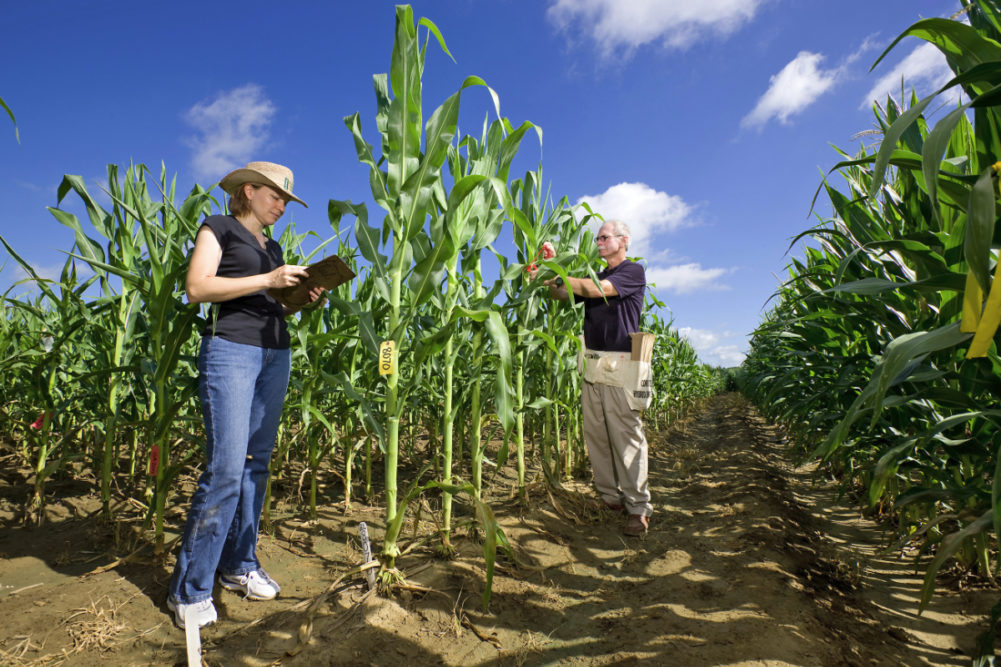WASHINGTON, DC, US — A new computer application is working to speed the search for genes that underpin important crop traits, like high yield, seed quality and resistance to pests, disease or adverse environmental conditions.
Created by scientists at the US Department of Agriculture’s (USDA) Agricultural Research Service, the Pathway Association Studies Tool (PAST) app allows users to build on the results of genome-wide association studies (GWAS) of crops. GWAS takes a broad look at a crop plant's genome for marker regions called single nucleotide polymorphisms (SNPs).
Finding SNP markers near the gene or genes encoding a desired trait can flag the genomic whereabouts of those genes and help plant breeders follow the trait's inheritance and expression. This makes it easier to select plants that have the desired trait and develop new, better varieties from them for producers.
However, GWAS's use of a statistical threshold means that only markers with the strongest gene associations are identified, said Marilyn Warburton, a geneticist with ARS's Corn Host Plant Resistance Research Unit (CHPRRU) at Mississippi State, Mississippi. This can blind researchers to the presence of other gene markers that fall below the threshold, but are no less meaningful to their studies, she said.
PAST takes it to the next level with the metabolic pathway analysis that reveals biological information about their associated genes and how each contributes to the biochemical assembly of a plant trait function or response.
In her own research, Warburton's use of both GWAS and PAST has led to the identification of genes in corn plants for resistance to the corn earworm (a caterpillar pest) and Aspergillus flavus, a greenish mold that produces a carcinogen called aflatoxin. Unchecked, corn earworms feed on the corn plant's silks and kernels, causing damage that fosters Aspergillus growth and aflatoxin contamination.
According to the ARS, corn or other grains with aflatoxin levels exceeding 20 parts per billion cannot be sold for human consumption, and the grains' use for animal feed is restricted. In the United States, outbreaks of Aspergillus molds that produce the carcinogen inflict more than $200 million annually in economic losses for corn and $300 million for peanuts and other crops combined.
Warburton's research is part of a broader effort at CHPRRU together with Mississippi State University (MSU) collaborators to pre-empt aflatoxin on multiple fronts — with plantings of resistant corn varieties being a keystone defense.




